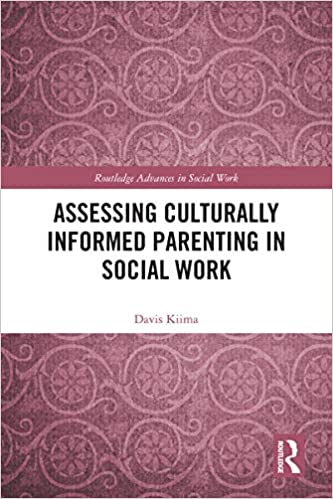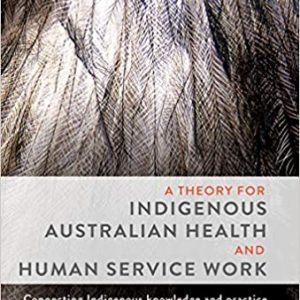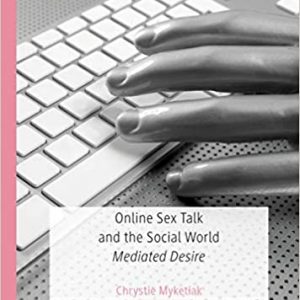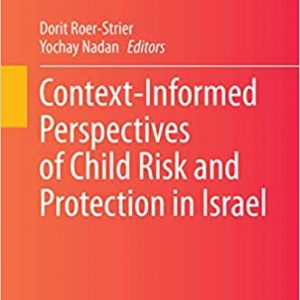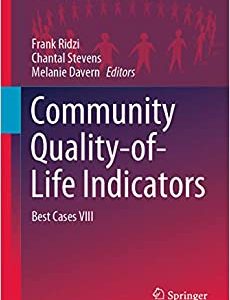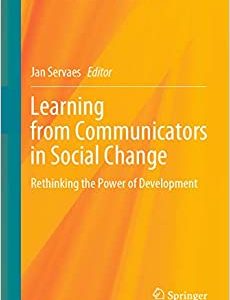This book explores how social workers incorporate issues of culture when evaluating the parenting competence of Black, Asian, and Minority Ethnic (BAME) parents and highlights the gap in how social workers assess safe parenting in BAME families.
Drawing on a study that combined a phenomenological research philosophy with frame analysis, the book explores how culturally informed parenting is construed by social workers and BAME parents. It argues that effective assessment of the parenting competence of BAME parents is predicated on understanding how culture frames perspectives of what constitutes competent parenting. Throughout the eight chapters, the book moves the debate within the literature away from the universality of parenting concepts to a focus on a deeper understanding of culture. It highlights the influence that culture has on the way that BAME parents socialise their children, as well as how parents and social workers conceptualise safe parenting. The result is useful insights into the cultural context of parenting.
The book will be of interest to all scholars and students of social work, childhood studies, sociology, and social policy, as well as social work professionals more broadly.

